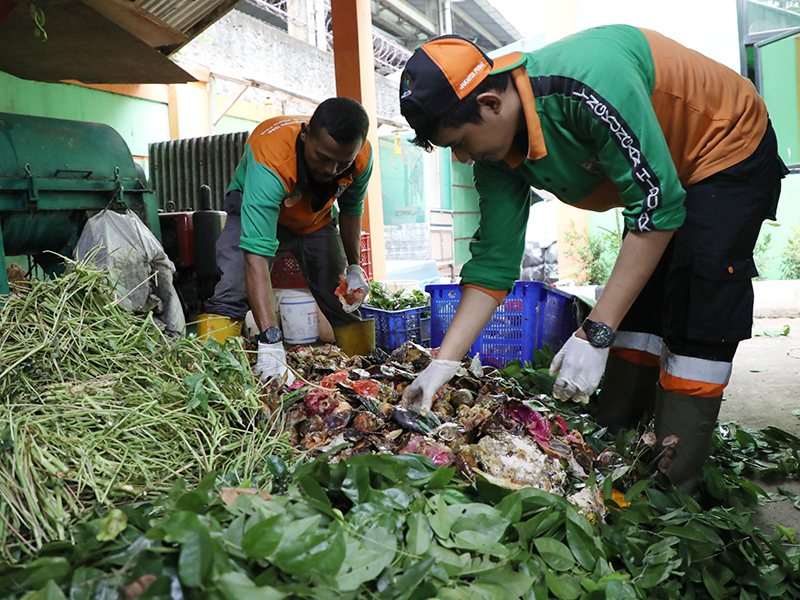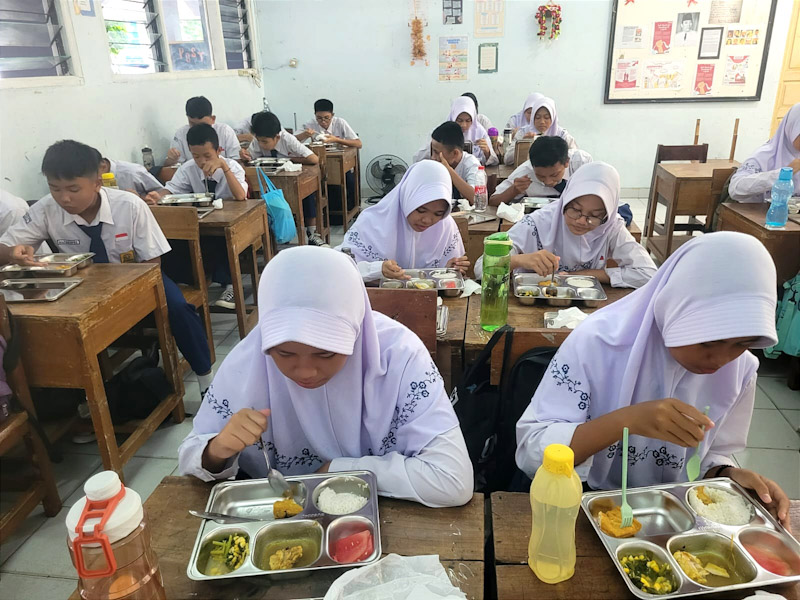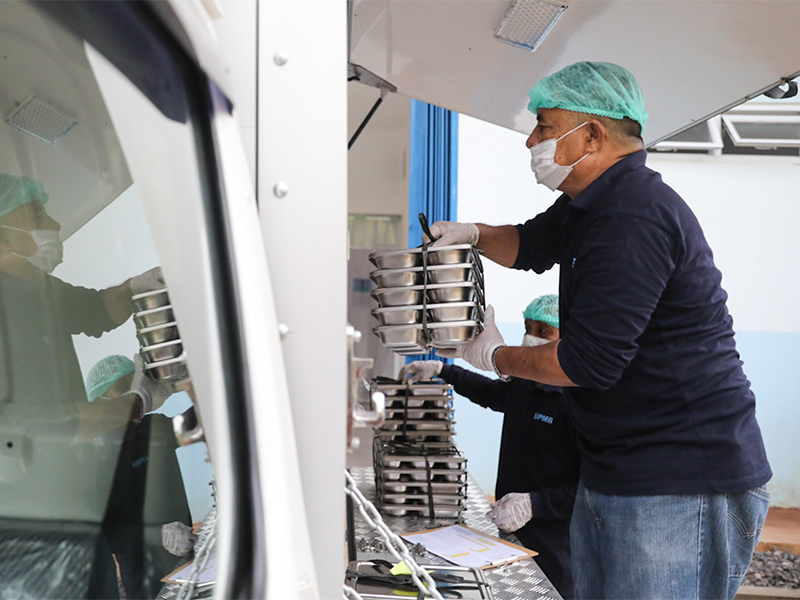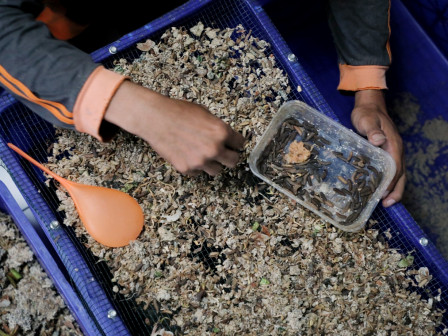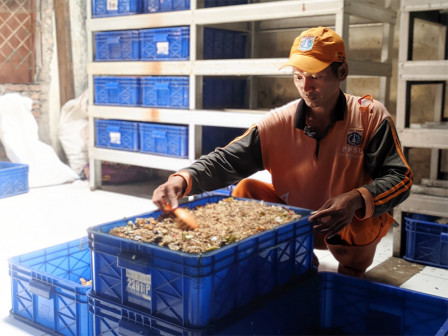Ali Lubis Supports the Involvement of Horeka Industry Players in Managing Food Waste
Reported by Dessy Suciati | Translated by Maria Inggita
Jakarta DPRD Commission D Legislator, Ali Lubis supports Environment (LH) Agency to optimize the management of waste from hotel, restaurant, and cafe (Horeka) industry.
"Food waste has great potential if it is managed properly and optimally,"
Therefore, he reminded LH Agency to be more active in socializing and educating the Horeka industry players about the importance of food waste management and its benefits for the environment and economy.
Hotels, Restaurants and Cafes in Jakarta Must Reduce and Process Food Waste"Environment Agency must always remind them, both by letter and directly, so that they immediately carry out independent waste management," he conveyed, Tuesday (2/11).
According to him, food waste has great potential to be processed into products with economic value, such as compost, biogas, and eco-enzymes.
"I see that food waste has great potential if it is managed properly and optimally, even the processed products can be used to increase Regional Revenue," he said.
To ensure the food waste management in Horeka industry align with waste reduction programs in Jakarta, he explained that it is crucial for the LH Agency to provide understanding on proper waste management.
"Socialization must be optimized. For example by inviting Horeka industry players and socialized them about Jakarta's waste emergency," he mentioned.
He proposed strict sanctions for Horeka industry players who do not implement independent waste management. The current sanction is only in form of verbal warnings up to three times, as stipulated in the Governor Regulation No. 102/2021 on Mandatory Waste Management in Industrial Areas and Companies.
"I request that the executives, especially the newly elect-governor who will soon be inaugurated to revise the Pergub and include stricter sanctions," he stated.
For information, Head of Jakarta LH Agency, Asep Kuswanto, emphasized the importance of sorting waste into three categories; organic waste, recyclable waste, and residual waste in Horeka sector.
He noted the importance of managing food waste and categorizing it into still-consumable food which discarded due to aesthetic reasons or excess stock and leftover food waste.
The Jakarta LH Agency has operated the Jakarta Recycle Centre (JRC) in Pesanggrahan, South Jakarta as a facility to process organic waste that can be optimized into compost and other products through bio conversion technology.

